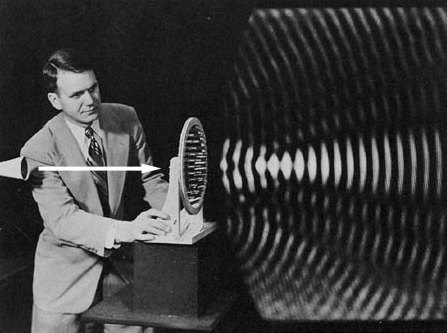(Note: this was originally published at Ricochet.com.)
You’ll be forgiven for not appreciating the extent to which gun-rights advocates have enjoyed success comparable to that of same-sex marriage and marijuana advocates over the past decade.
With each mass shooting – most recently the racist massacre in Charleston – progressives show a mix of arrogance and disdain: arrogance over their own virtue and disdainful of Americans’ exceptional attitude toward guns. But everyone involved knows that when the gun grabbers’ moment in the sun passes, it’s the gun nuts who eventually carry the day.
And they always do.
A quick google of “sweeping gun legislation” and you might be surprised how many links lead to stories of state legislatures – ahem – liberalizing access to guns.
Guns are increasingly seen for what they are: cool. According to Glenn Reynolds, spirits are higher than they’ve been in 20 years among self-described gun nuts. All fifty states have passed laws allowing qualified individuals to carry certain concealed firearms in public, either without a permit or after obtaining a permit from a designated government authority.
Increasingly, people like actor Vince Vaughn and playwright David Mamet are asking, as the latter asks in his book The Secret Knowledge, why shouldn’t we go the same lengths to protect our schoolchildren that Manhattan jewelry stores go to as a matter of routine to protect their treasure?
Advocates of widespread and stricter gun control laws are expressing the same “I can’t believe we’re actually having this debate” sentiment which social conservatives have expressed in the marriage and marijuana debates. Unthinkable by most twenty years ago, today the notion of arming every school principle in America with a shot gun and training in its use and safekeeping sounds like goddamned commonsense.
Social conservatives fret over losing ground on marriage and marijuana – New Jersey governor Christie having called the latter a gateway drug to carbs (just kidding). This should not prevent them from learning what they can from the major conservo-tarian victory for liberty and public safety.
Return to daviDDeeble.com or watch my daughter pretend to beat the living daylights out of me.


